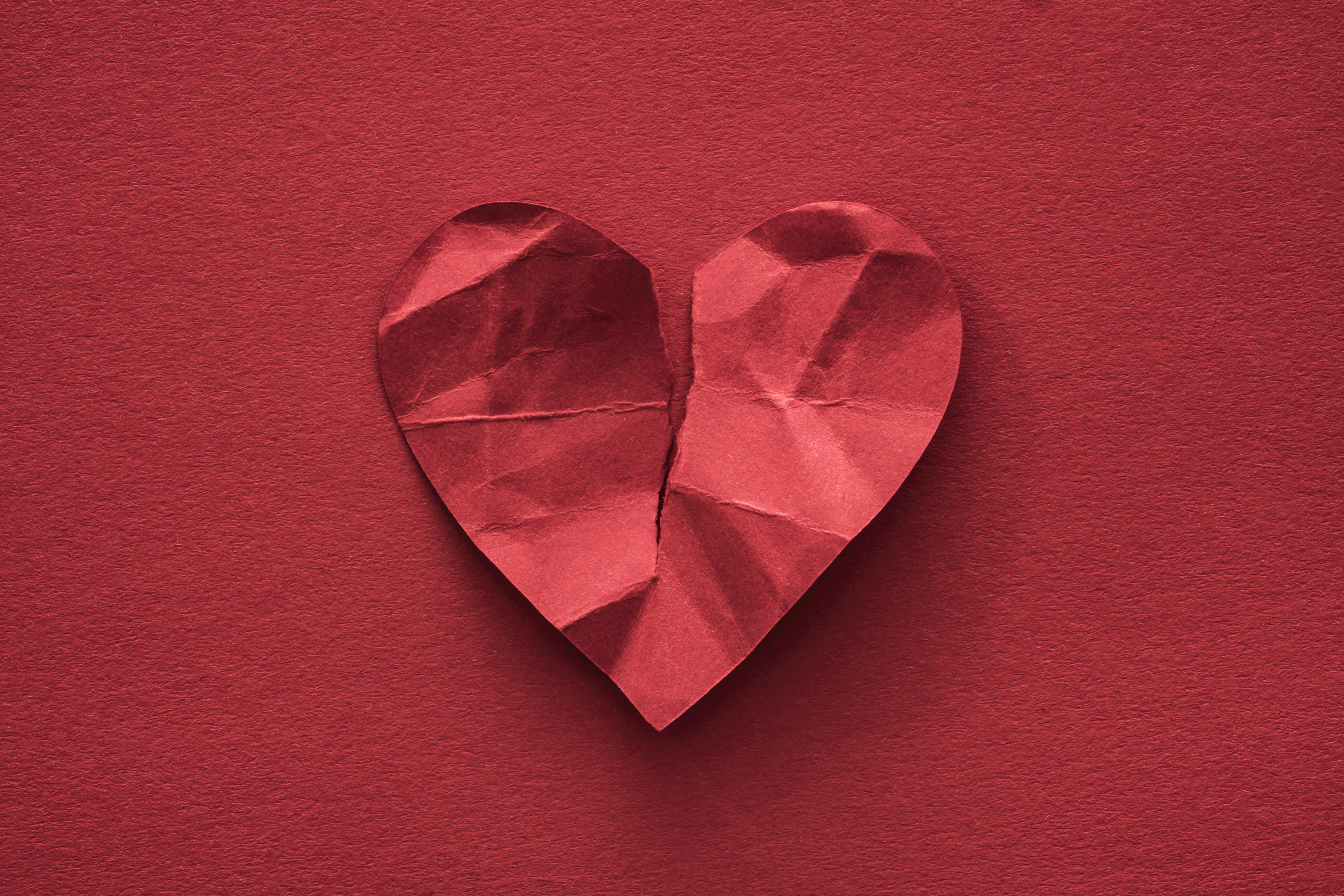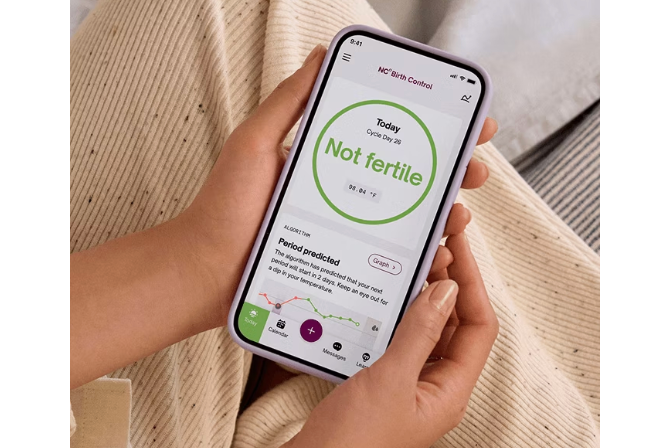The Silent Relationship Killer: Why the ‘Slow Fade’ Is More Devastating Than a Breakup
You know that buzz—the one where every text from your date feels like a mini electric shock, and you’re practically floating on cloud nine? Yeah, that’s the magic of new relationship energy. But what happens when those flirty novel-length messages suddenly turn into one-word replies that feel as cold as a winter breeze? Welcome to the dreaded “slow fade”—the relationship equivalent of watching a dimmer switch slowly turn down until all light fades away. It’s not an outright ghosting, but it sure leaves you hanging, wondering if you missed the memo or if they’re just insanely busy. So, what exactly is this slow fade? Why do people choose this drawn-out vanishing act instead of just calling it quits? And most importantly, what do you do if you find yourself on the receiving end—or worse, if you’re the one pulling the fade? Let’s unpack this modern dating slow dance of disengagement with insights from relationship pros who break down what’s really going on when the texts get shorter and the excitement disappears. LEARN MORE
Ah, there’s nothing like the feeling of new relationship energy. You know the one—the feeling when you’ve been dating someone for a while, it’s going really well, and you start getting giddy thinking about them. But then, as their texts pivot from flirty paragraphs to one-word replies, the blissful bubble bursts. That behavior, my friends, is called the “slow fade” in dating.
“The person doesn’t disappear entirely; instead, their texts become shorter and less frequent, dates become rarer, and their enthusiasm noticeably wanes,” says Natassia Miller, an ASSECT-certified sexologist and relationship expert with Dating News. “They’re still technically ‘there,’ but their presence feels increasingly hollow.”
But what does the slow fade really mean? And what can you do if you’re the one being slowly faded out in a relationship? Or better yet, are you guilty of the deed yourself? With the help of experts, we’re breaking down all the need-to-know deets on navigating this modern dating behavior.
Meet the Experts: Natassia Miller is an ASSECT-certified sexologist and relationship expert. Lilith Foxx is an ASSECT-certified sexologist and intimacy educator.
What exactly is the ‘slow fade’ and how is it different from ghosting?
According to Miller, the “slow fade” in dating is the gradual withdrawal of communication and effort in a dating relationship. It’s when someone progressively becomes less available, responsive, and engaged over time until the connection eventually dies out.
You might notice that once frequent good morning texts turn into no text at all; they slowly pull their energy back even when actively going on dates with you; and, in general, you just feel that that something is off.
Now, you might be thinking, “Isn’t that just ghosting?” Well, no. It’s actually quite different.
While ghosting is like slamming a door shut, the slow fade is like slowly turning down the volume on a relationship until it becomes silent. “It’s a drawn-out process that can take weeks or even months,” says Miller. Unlike with ghosting, which is often quite abrupt.
“They [the slow fader] gradually reduce communication, attention, and effort until the relationship fizzles out completely,” Foxx says, “It leaves the other person wondering what’s happening because the disconnection happens in small steps.”
Because of the slow in the slow fade, it can often be more psychologically taxing than ghosting, due to the ambiguity and false hope it can create. With ghosting, the message is clear (albeit hurtful): it’s over.
“Ghosting is abrupt, but at least it’s clear,” Foxx adds, “With the slow fade, there’s always a lingering question: Are they busy, or are they done with me?”
In short, it doesn’t feel great.
Why do people choose to slow fade?
So, why do daters choose the path of the slow fade? Well, in many ways—similar to choosing to ghost or breadcrumb someone—the act of it can sometimes feel easier (or less uncomfortable for them) than just being honest.
“The slow fade often stems from conflict avoidance and the discomfort of having difficult conversations,” Miller says. “Many people choose this approach because they believe it’s ‘kinder’ than a direct rejection, allowing the other person to ‘get the hint’ without experiencing the sting of an explicit goodbye.”
Others, though, see the slow fade as a safety net. Some folks want to keep their options open in case they change their mind or their other dating prospects don’t pan out. Which, to be clear, isn’t something we’d define as ethical. There’s also the factor of convenience; gradually pulling away requires less emotional labor than having an honest conversation about incompatibility or changed feelings.
“Some people genuinely believe they’re being considerate by letting things ‘naturally’ fizzle out,” she adds, “Not realizing that the uncertainty and confusion they create is more hurtful than direct communication.”
Is it ethical or just plain avoidant?
If it’s not clear yet, while the slow fade might feel less harsh than direct rejection, it’s fundamentally just a form of avoidance that prioritizes one person’s comfort over another’s.
“Most often, it’s avoidance,” Foxx explains, “People who slow fade usually don’t want to hurt someone’s feelings directly or feel uncomfortable with confrontation. Sometimes they think fading is a “kinder” option, but in reality, it often leaves the other person more confused and unsettled.”
The TL/DR? It’s not necessarily malicious, but it’s not particularly ethical either.
What are the signs you’re being slow faded?
Think you might be the victim of a slow fade? Well, there will be signs. According to Miller, the signs of a slow fade are subtle but very telling.
Here are five common signs to watch out for, below.
1. Response times become longer.
Are their response times becoming increasingly longer? Or maybe their messages are also becoming noticeably shorter and less engaged than they once were. According to Foxx, where there used to be enthusiasm and curiosity, there’s now minimal effort.
2. Plans are harder to make.
“Plans might become harder to make and you’re more likely to be canceled on or postponed,” Miller says.
3. They don’t take any initiative.
Another huge sign? They stop putting effort into conversations or dates. “You might feel like you’re the only one initiating, with very little coming back,” Foxx says.
4. They’re not giving you full attention.
“When you do spend time together, they seem distracted or less present, and they stop making future plans or talking about upcoming events together,” Miller says.
5. Physical touch dwindles.
Lastly? Well, the physical connection goes out the window. “The physical affection they once gave you may decrease, and they become less likely to share personal details about their life,” she explains, “They might still respond to your messages, but their replies feel perfunctory rather than genuine.”
How long does the slow fade usually take?
The slow fade is usually, well, slow. But it can certainly change depending on the situation.
“The timeline of a slow fade varies significantly depending on how long you’ve been dating and the individual’s style of withdrawal,” Miller says. “For casual dating situations, it might take two to four weeks. For more established relationships, the process can stretch over two to three months.”
But it does typically happen in stages: First, daily communication drops to every few days, then to weekly, then sporadic. Eventually, one person stops reaching out entirely, and when the other person finally stops trying too, the connection dies completely.
As one might expect, the length of a slow fade often goes hand-in-hand with guilt levels. People who feel worse about the situation may drag it out longer, thinking they’re being more considerate, when actually they’re just prolonging the hurt and confusion.
What should you do if you’re being slow faded?
If you think you might be faded out, what can you do about it? The most empowering response, Miller says, is to trust your instincts and take back control of the situation.
“If you notice the signs, initiate an honest conversation. Tell them how their behavior has made you feel and ask them to be transparent with you, because it’s easier for everyone involved,” she says. “Strong communication is at the heart of strong relationships, and it’s an important way to establish your boundaries.”
Having a direct, but non-accusatory conversation can provide the clarity you need. Try something like: “I’ve noticed we’ve been communicating less lately, and it’s made me feel confused. I’m wondering how you’re feeling about where things are between us.”
This allows them to be honest while also showing that you’re paying attention and won’t accept being strung along indefinitely. Their response (or lack thereof) will give you all the information you need to make your own decision about the relationship.
Most importantly, though, don’t ignore your gut feeling. If something feels off, it probably is, and you deserve clarity in your relationships.
What if you’re the one doing the slow fade?
If you’re reading this and thinking, “Oh wow, that’s me. I am doing the slow fade,” then listen up.
“If you recognize that you’ve been slowly fading someone, the most mature response is to take responsibility and provide clarity,” Miller suggests, “Reach out with an honest explanation and even an apology like, ‘I realize I haven’t been very communicative lately, and I want to be honest that I don’t think we’re the right match.’”
Very importantly, this conversation should be about taking accountability. Don’t use it as an opportunity to critique them or explain all the reasons why it wouldn’t work. Keep it brief, honest, and kind. Believe us, they’d rather that than be slowly faded into the ether.
“While it may feel easier for the person doing it (you!), it’s not respectful to the person on the receiving end,” Foxx explains. “Most people would rather hear, ‘I’ve enjoyed getting to know you, but I don’t see this moving forward,’ than sit with weeks of uncertainty.”
Moving forward, if you know this is something you struggle with in relationships, try to commit to more direct communication in your dating life. Remember that temporary discomfort from honest conversation is better than prolonged confusion and hurt feelings for both of you.
Hayley Folk is a writer and editor based in New York City. She enjoys writing LGBTQ+, lifestyle, personal narratives and sex + wellness content. Her work has appeared in Refinery29, POPSUGAR, Elite Daily and more.



















Post Comment